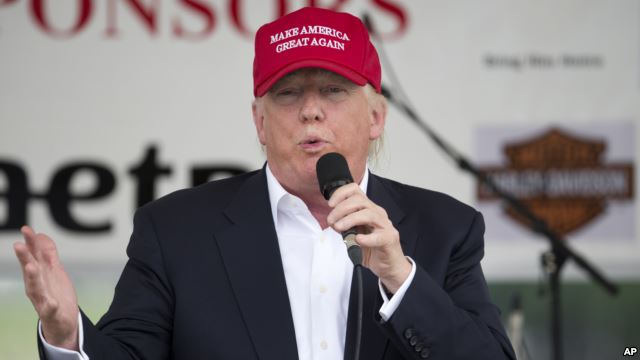The Strife of the Party: Will Trump Permanently Alter Republicans?

Donald Trump clinched the 1,237 delegates needed to become the Republican presidential nominee Thursday — a feat that seemed almost impossible just a few months ago. Now, despite the wishes of the Republican establishment, Trump is working to remake the party in his own image.
Trump’s no-holds-barred style and high-energy delivery attracted a record number of voters to cast ballots in the Republican primary race, but the same qualities that rocketed Trump to the nomination have created a rift between party elites and the voters who support him.
“You see the reaction of someone like former Governor [Jeb] Bush, who out of frustration, is waving his arms saying ‘alright, fine, if that’s what you want, go take Trump. There’s this sense of exasperation that exists within the mainstream of the party, ‘we can’t control this, what can we do about this?’” said Mark Rozell, dean of George Mason University’s school of policy, government and international affairs.
Trump’s task moving forward is to reconcile the wishes of the Republican establishment with the interests of his new followers.
“The simple explanation is that party leaders and insiders care first and foremost about winning elections and holding power. The hardcore activists that participate in the primaries and caucuses often are not thinking about who is the most viable candidate — who has the best chance of winning — they want to see ideological purity,” said Rozell.
Политика конфиденциальности | Правила пользования сайтом







